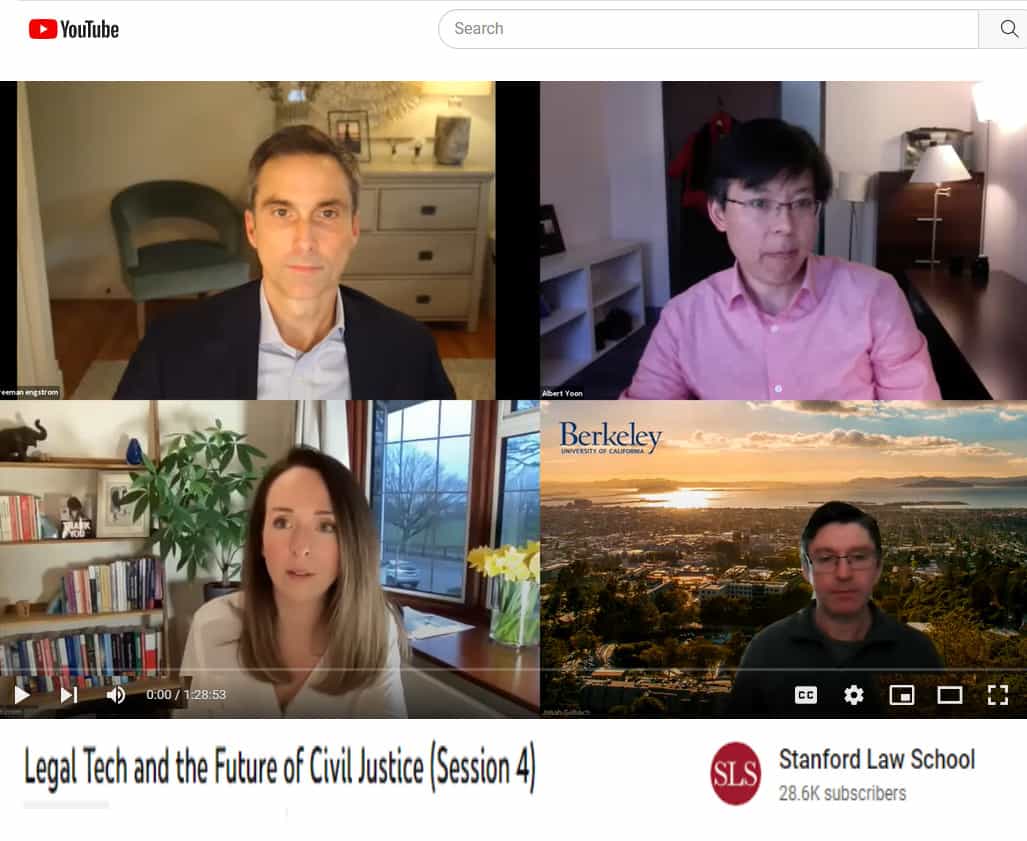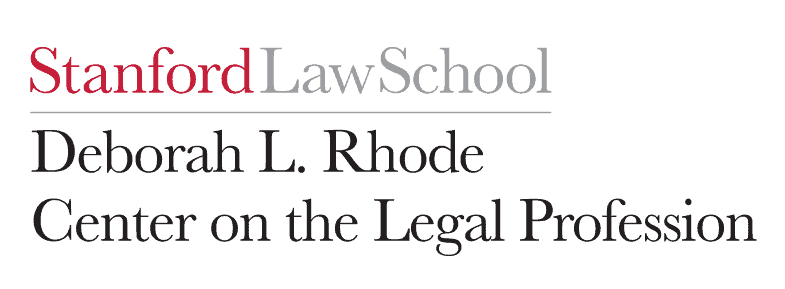LATEST UPDATES
Menu
Legal tech, most agree, is transforming litigation and law practice, and its steady advance has tapped a rich vein of anxiety about the future of the legal profession. Much of the resulting debate has a defensive quality in its focus on what legal tech portends for the professional authority, and profitability, of lawyers. Much of it is also profoundly futurist—full of references to “robolawyers” and “robojudges.”
Lost in this rush to foretell a distant, robotic future are an array of more concrete and more pressing concerns: What is the current state of legal tech and where can it plausibly go in the near- to medium-term? What effect will legal tech’s continued advance—from e-discovery to outcome prediction engines to virtual trials and proceedings—have on core features of our litigation system, and how should our procedural rules adapt in response? How can new digital technologies expand access to justice for low- and moderate-income individuals who often cannot retain counsel or lack the resources or know-how to engage formal legal institutions? And what aspects of judicial administration—particularly data infrastructure and accessibility—need to change in order to promote fair and responsible development of legal technologies and open the doors of justice wider for all? Debate around each of these questions, already heated, is quickening in light of the deep disruptions of the COVID-19 pandemic.
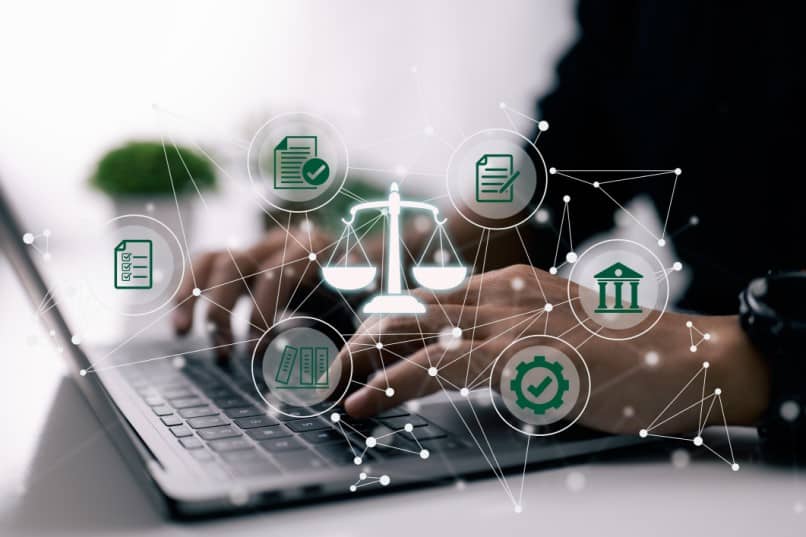
A recent book edited by Stanford Law School’s David Freeman Engstrom, the LSVF Professor in Law and co-director of the Deborah L. Rhode Center on the Legal Profession, takes a deep dive into technological developments in the legal system, from virtual legal proceedings to AI-fueled litigation tools. In Legal Tech and the Future of Civil Justice, Engstrom and his 28 co-contributors, including six SLS faculty members, dissect the legal and policy implications of the technologies that are poised to remake the civil justice system.
Media coverage of the book and its impact:
Stanford’s David Engstrom Explores the Impact of Legal Technology on Civil Justice
In February 2021, the Rhode Center hosted a public virtual convening to explore how digital technologies are reshaping the civil justice system. The event was designed for judges, court administrators, rulemakers, legislators, academics, practitioners, and entrepreneurs who want to better understand the intersection of legal technology and civil justice and help navigate change in a post-COVID world. View the sessions below.
This session provides an overview of the state of “legal tech,” from e-discovery and technology-assisted review to software that performs advanced legal analytics and outcome prediction, ODR platforms courts have begun to deploy, and a catalog of digital tools that serve the unrepresented.
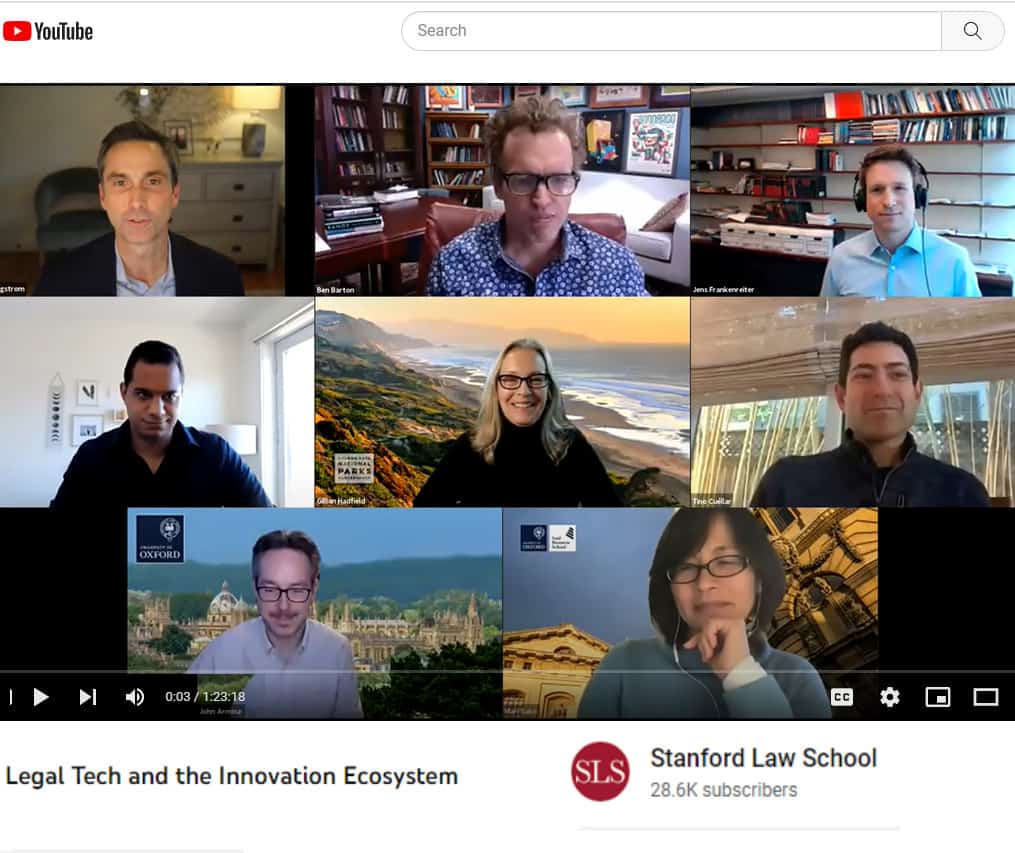
This session focuses on the distributive effects of new legal technologies within the civil justice system. Will these new legal technologies widen or narrow the gap between litigation’s “haves” and its “have nots”?
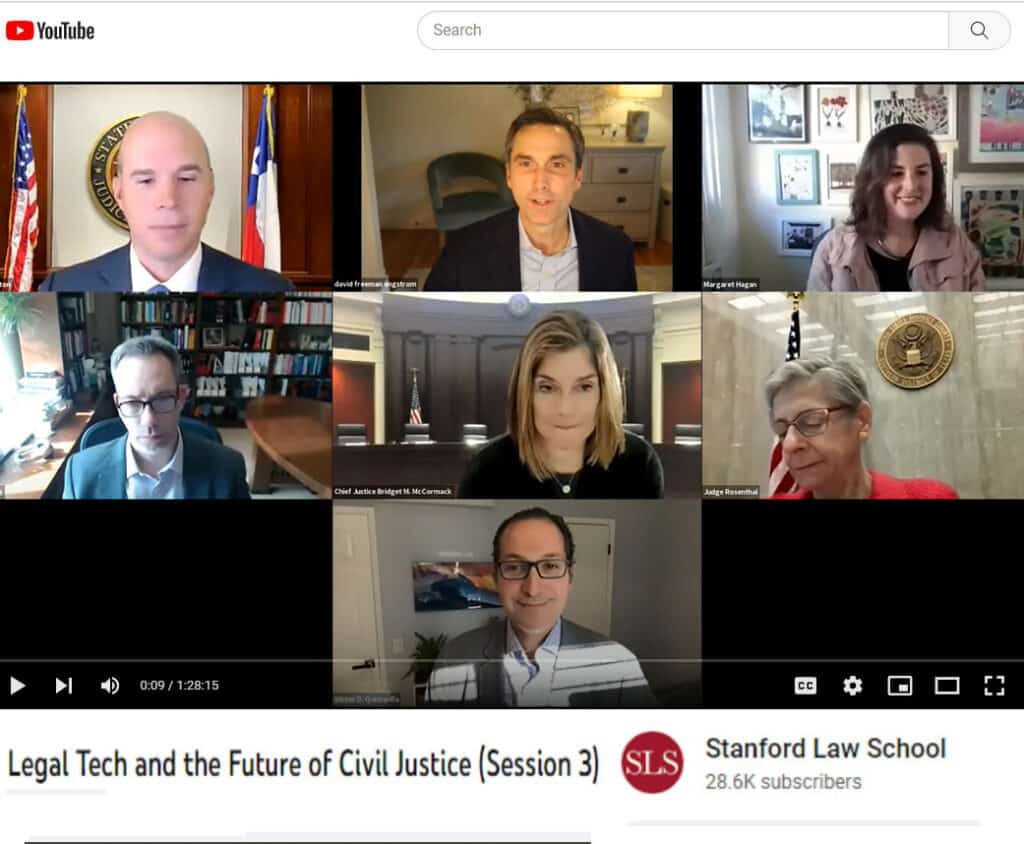
This session addresses the challenges of access to court data and its uses and abuses and considers innovative new ways to expand access to court data while protecting privacy interests.
